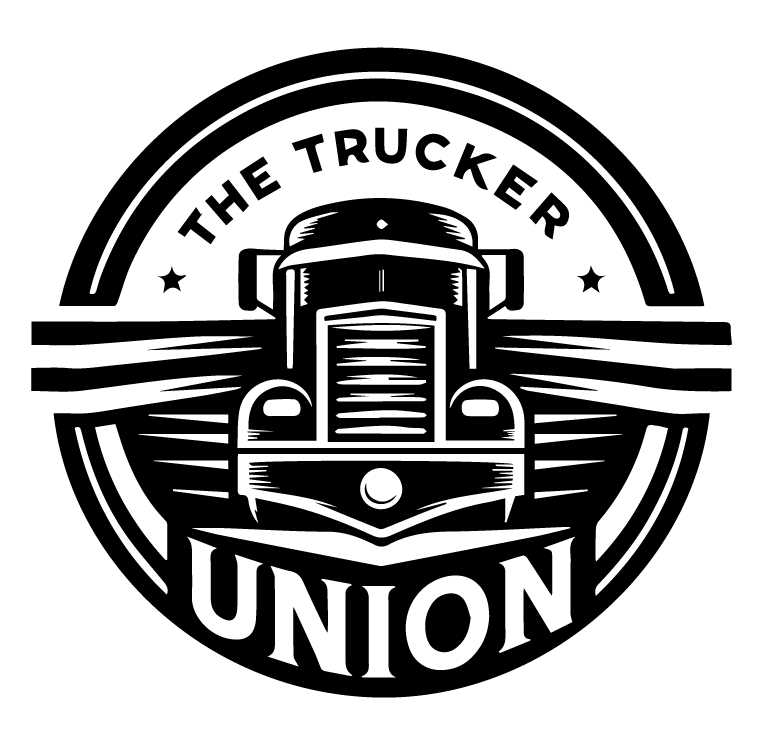
In the trucking industry, the choice between self-dispatching and using a dispatch service is crucial for owner-operators, influencing not only day-to-day operations but also the bottom line. Both options have their advantages and challenges, impacting efficiency, profitability, and control over the business. Here, we delve into the details, comparing self-dispatch and dispatch services to aid in making an informed decision.
Self-Dispatch: The Path to Autonomy
Self-dispatching allows owner-operators to maintain direct control over their load selection, route planning, and negotiation processes. This hands-on approach is favored by those who prefer to steer every aspect of their business.
Pros:
- Control: You choose the loads, routes, and negotiate your rates, ensuring decisions align with your business goals and preferences.
- Higher Profit Potential: By cutting out the middleman, you can potentially keep a larger share of the profits.
- Flexibility: Change plans, choose preferred loads, and adjust schedules according to your needs.
Cons:
- Time-Consuming: Finding loads, negotiating rates, and managing paperwork can be time-intensive, taking away from driving time.
- Market Knowledge Required: Success requires a good understanding of market rates and the ability to find profitable loads.
- Increased Responsibility: You’re solely responsible for all aspects of the business, from compliance to customer relationships.
Using a Dispatch Service: Simplifying Operations
A dispatch service acts as an intermediary, finding loads, negotiating rates, and sometimes handling paperwork for the owner-operator. This can simplify operations, but it comes at a cost.
Pros:
- Time Savings: Delegating the task of finding and negotiating loads frees up more time to focus on driving.
- Access to a Larger Network: Established dispatch services have extensive networks, potentially offering more and better opportunities.
- Support: Some dispatch services provide additional support, including paperwork and compliance assistance.
Cons:
- Cost: Dispatch services charge fees, which can be a flat rate or a percentage of the load’s rate, impacting overall earnings.
- Less Control: You may have less say in the loads you take, and reliance on a service can mean less personal relationship building with clients.
- Potential for Misaligned Interests: Dispatchers may prioritize their own interests or easier solutions over the most profitable or preferred loads for you.
Costs Associated with Each
- Self-Dispatch: The main costs are your time and potentially subscription fees for load boards or marketplaces. The investment in market knowledge and negotiation skills is also significant.
- Dispatch Service: Fees vary but can range from 5% to 10% of the load’s gross pay. While this reduces direct earnings, it may be justified by the time savings and additional services provided.
Conclusion
Choosing between self-dispatch and using a dispatch service depends on personal preferences, business goals, and your capacity to manage the business aspects of trucking. For those valuing autonomy and maximizing earnings, self-dispatch is appealing. However, for those looking to streamline operations and focus on driving, a dispatch service can be invaluable.
Weighing the pros and cons, along with the costs associated with each option, will guide owner-operators to a decision that best suits their needs, ensuring a prosperous and sustainable path forward in the trucking industry.












